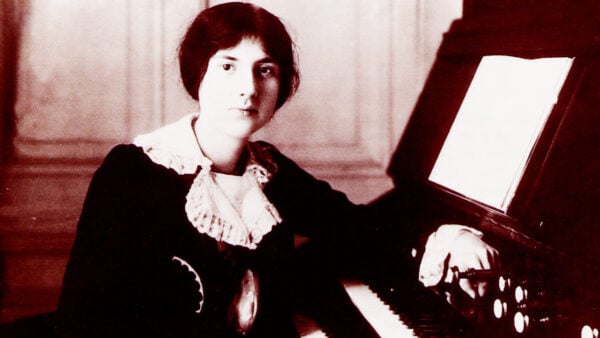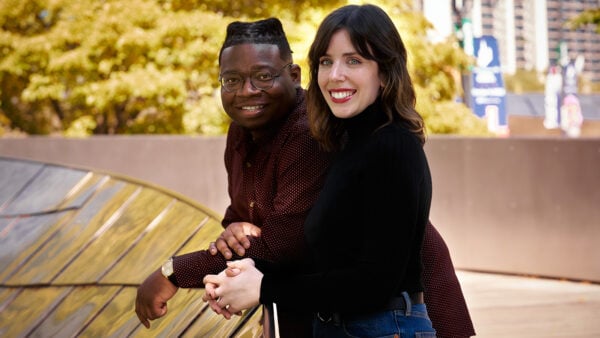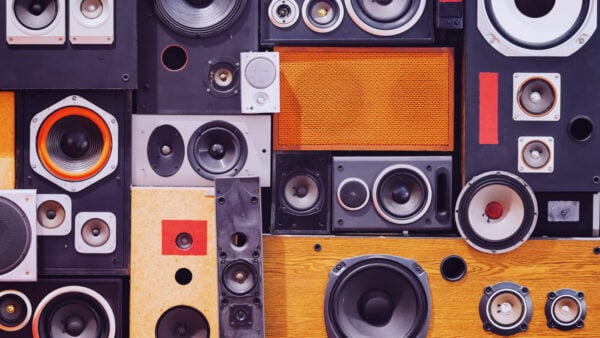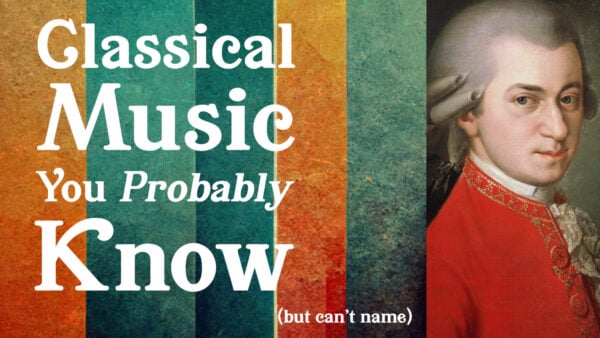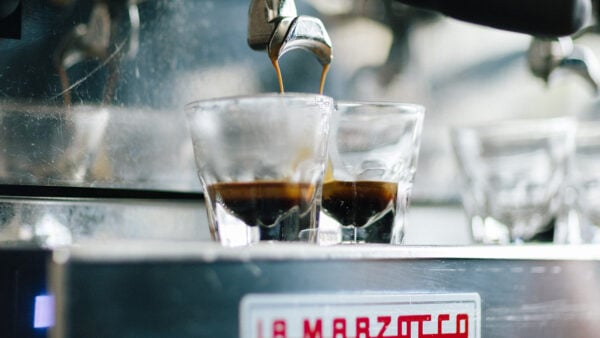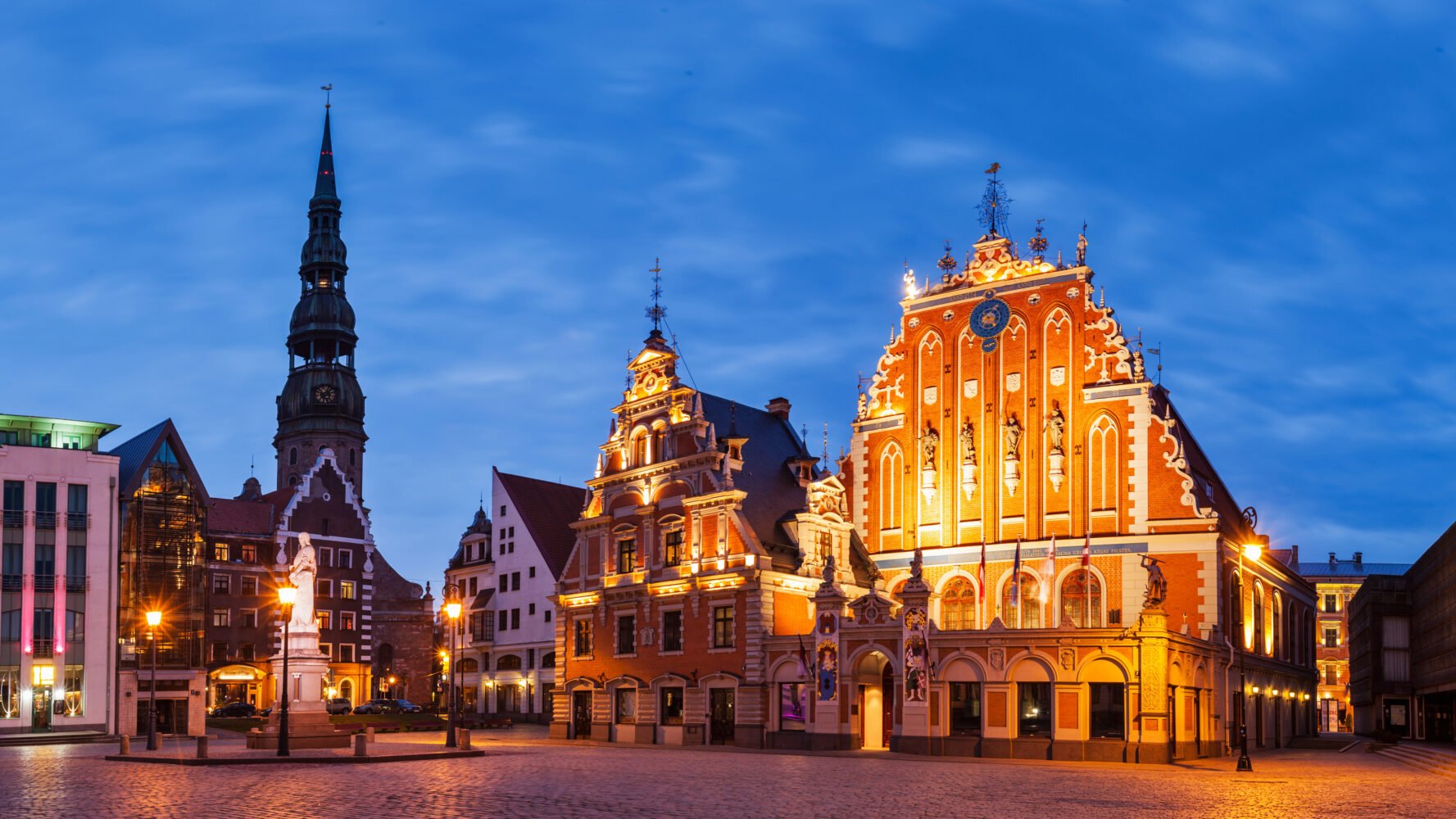
House of the Blackheads in Riga, Latvia
Andris Nelsons, Lev Aronson, Gidon Kremer, Ksenija Sidorova, Mariss Jansons, Kristine Opolais — when we think of classical music in Latvia, it's the conductors and musicians who tend to come to mind. But Latvia has also been home to an abundance of composers whose works you will want to hear.
In honor of the 100th anniversary of Latvian independence, here are ten Latvian composers that we think you should know!
1. Jāzeps Vītols (1863-1948)
After Latvia gained independence in 1918, Jāzeps Vītols was an important player in the establishment of the young nation’s first musical institutions. Within the first five years of Latvian independence, he moved back to the country to conduct the National Opera, established the Latvian Conservatory of Music (now renamed the Jāzeps Vītols Latvian Academy of Music in his honor), and co-founded the Latvian Composers’ Society.
Take a listen to Gaismas pils (Castle of Light), performed live in a concert celebrating the 810th anniversary of Riga, Latvia’s capital city. The sheer size of the 7,000-singer choir in this video is striking, and illustrates the legacy of Vītols in Latvian musical and cultural tradition.
2. Emīls Dārziņš (1875-1910)
Emīls Dārziņš cared deeply about his homeland; in one letter to a friend, he wrote, "To work for my nation and its art — that will be my motto!" Despite his contributions to both vocal and orchestral music in Latvia as both a composer and a critic, Dārziņš was met with harsh criticism from fellow composers throughout his lifetime.
After the fiercely negative reception to two of his orchestral pieces upon their premieres in 1908, Dārziņš decided to destroy all of his orchestral works. His “Melanholiskais valsis (Melancholic waltz)” is the only surviving piece of his orchestral music, thanks to a restoration effort after his death.
3. Jānis Mediņš (1890-1966)
In addition to his many compositions, Mediņš was a conductor and a multi-instrumentalist who played piano, violin, viola, and cello. He hailed from a musical family — his brothers Jāzeps and Jēkabs were also conductors and composers. Today, Jānis Mediņš is most remembered as a pioneering composer who wrote some of the first Latvian operas and ballets.
His neo-Romantic music referenced traditional Latvian forms with influences from Scriabin, Grieg, and especially Rachmaninoff. This combination can be appreciated in his 24 Dainas, a collection of short piano preludes named after a traditional Latvian form of folk song.
4. Lūcija Garūta (1902-1977)
In addition to her compositional output, Lucija Garuta made an impact across many Latvian musical institutions. She was an active pianist for the Latvian National Opera and for chamber music concerts across the country and a professor of composition and music theory at the Latvian Conservatory for more than twenty years.
Her most famous work, Dievs, Tava zeme deg! (God, your land is burning!), a haunting work for soloists, chorus, and organ, premiered in Riga Cathedral in 1944 in the midst of World War II. The sounds of battle outside of Riga are audible in the recording of the piece’s premiere. Dievs, Tava zeme deg! is now recognized as one of the most important pieces of Latvian music ever written. Enjoy this 1999 recording from the State Choir Latvija.
5. Tālivaldis Ķeniņš (1919-2008)
Tālivaldis Ķeniņš began his musical career in Latvia. After studying piano and composition in Riga with Jāzeps Vītols, he was forced to flee the country during the Soviet occupation of 1944. Ķeniņš took his studies to the Paris Conservatory and settled in Canada in the early 1950s. He later performed at the Darmstadt New Music Festival in Germany and eventually became a professor at the University of Toronto. Today, Ķeniņš is remembered for introducing European musical idioms into Canadian art music.
See if you can hear the influences of his many musical backgrounds, including romanticism and French neoclassicism (a return to the symmetry and “perfection” of the classical era) in his Piano Sonata No. 1.
6. Maija Einfelde (1939- )
Maija Einfelde has been based in Latvia throughout her career, and her work is internationally recognized and has been performed worldwide. After winning the Barlow Endowment for Music Competition in 1996, she was commissioned to write a new piece called Psalm 15, based on the Biblical text. This piece has been performed by the Brigham Young University Choir, the Vancouver Chamber Choir, the Radio Choir of the Netherlands, and at Carnegie Hall.
Einfelde says that her music often evokes her own life as well as referencing events from history. Take a listen to her Sonata for Violin and Organ, which is remarkable for in its dissonance and sudden shifts in texture.
7. Pēteris Vasks (1946- )
Pēteris Vasks is celebrated as one of the most influential European composers of the last century. Perhaps his work is so impactful because of his knack for putting Latvian folklore elements in combination with contemporary musical techniques. Much of his music addresses the relationship between man and nature, as well as the “moral destruction of the world.” His life was certainly affected by the latter theme, as the Soviet occupation of Latvia forced him to relocate to Lithuania because of his family’s Baptist faith.
Vasks’s Lidzenuma ainavas (Plainscapes) is inspired by nature. In it, Vasks depicts the plains of the Latvian countryside through peaceful and meditative textures.
8. Pēteris Plakidis (1947-2017)
Pēteris Plakidis’s work as a pianist and composer received acclaim both in Latvia and abroad. His compositions spanned orchestral, chamber, and vocal music, and he was awarded numerous Latvian prizes for composition, including the Latvian Grand Music Award in 1996, and the title of “People’s Artist” in 1990. His music is often included in the repertoire for the Latvian National Symphony Orchestra, which has also commissioned several pieces from him. His music has also been performed by the New York University Chamber Music Society.
In Izkal pakavu akmens zigam (A shoe for the stone horse), he uses fascinating melodies and repetition of peculiar rhythms to create a sound that is at once pastoral and distinctly contemporary.
9. Ēriks Ešenvalds (1977- )
Ēriks Ešenvalds is one of the most widely commissioned and sought-after composers of the 21st century. He is known primarily for his choral music, which has been performed by choruses around the world, including the BBC Proms Youth Choir, the Latvian Radio Choir, the King’s Singers, and the choir of Trinity College Cambridge. The winner of numerous international awards, Esenvalds was bestowed with the title of Officer in the Order of the Three Stars, the highest state decoration in Latvia, for his work in the cultural field.
Esenvalds served as a Fellow Commoner in Creative Arts at Trinity College of Cambridge University. During this fellowship, he frequently composed for and recorded with the choir of Trinity College. Heaven’s Flock is just one of the many Esenvalds pieces performed by the choir.
10. Santa Ratniece (1977- )
Santa Ratniece studied music at the Emīls Dārziņš College of Music and the Jāzeps Vītols Latvian Academy of Music. Her music received attention in 2004, when she won the first prize for her age group at the UNESCO International Rostrum of Composers. Her atmospheric works, many of which are composed for chamber choir, often take inspiration from the natural world. Ratniece’s music has been performed by the Latvian Radio Choir, Ensemble Avantgarde, and the Forbidden City Chamber Orchestra. She was recently commissioned by the Kronos Quartet.
Her mixed choral piece, Saline, immerses the listener in a depleted Earth, a landscape that is at once hostile and mournful. “The wind blows indistinct sounds toward us and then blows them away again. It shakes up, stretches out, and spills melodies upon one another,” Ratniece explains on her blog. Saline combines the natural sounds of a seemingly abandoned terrain with the haunting vocals.

